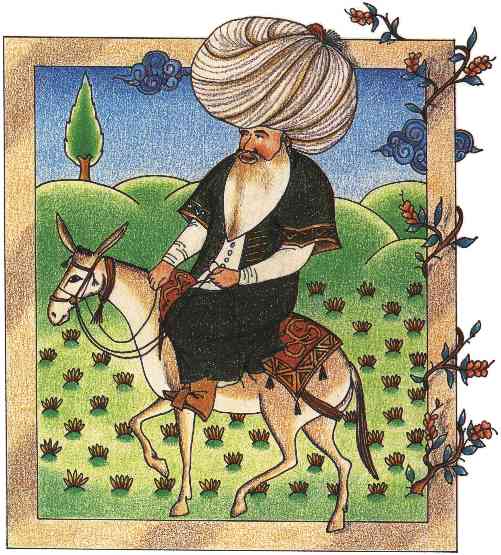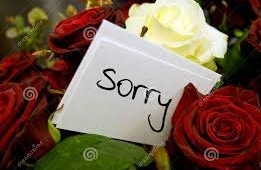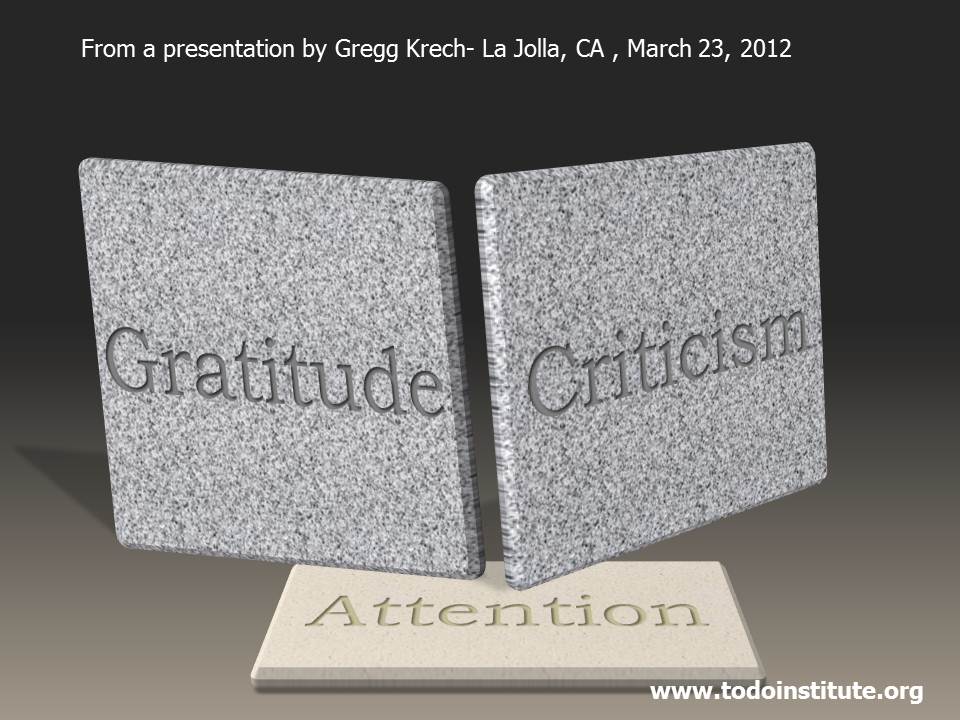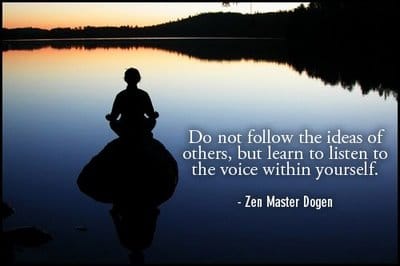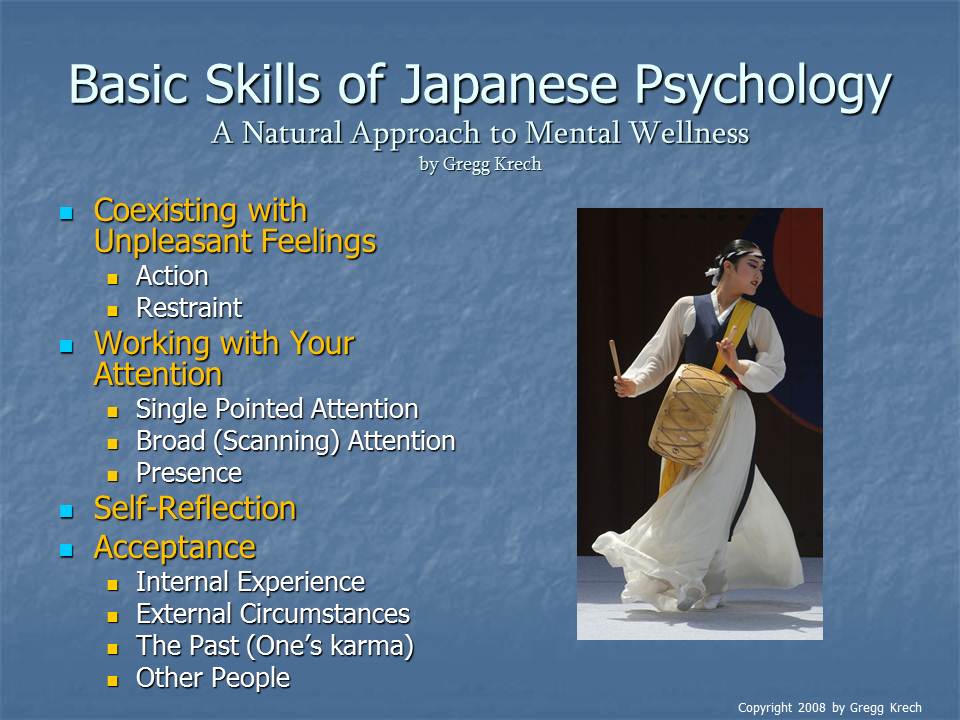Blind Spots
by Trudy Boyle
One afternoon, according to an old Sufi tale, Nasruddin and his friend were sitting in a cafe, drinking tea, and talking about life and love.
“How come you never got married, Nasruddin?” asked his friend at one point.
“Well,” Nasruddin said, “to tell you the truth, I spent my youth looking for the perfect woman. In Cairo, I met a beautiful and intelligent woman, with eyes like dark olives, but she was unkind. Then in Baghdad, I met a woman who was a wonderful and generous soul, but we had no interests in common. One woman after another would seem just right, but there would always be something missing. Then one day, I met her. She was beautiful, intelligent, generous and kind. We had everything in common. In fact, she was perfect.”
“Well,” said Nasruddin’s friend, “What happened? Why didn’t you marry her?”
Nasruddin sipped his tea reflectively. “Well,” he replied, “It’s a sad thing. Seems she was looking for the perfect man.”
This little fable always makes me smile. I suppose because I so readily see the irony in our tendency to detect the imperfections in others while overlooking our own. I find the subject of “Blind Spots,” absurdly funny and tragic at the same time. Let’s face it, it is so easy to see what our mate doesn’t see, or, for that matter, other family members, friends and co-workers. If only they would tweak this or stop doing that, they would be so much better off.
What we mean, of course, is that it would suit us. We would prefer them to be at least a little different than they are. And when they point out our short comings we leap to our defense because we had a reason, several in fact, for why and how we behave. And at the very least we are trying to improve, unlike this person standing in front of us.
I guess I am intrigued because I have several blind spots of my own. (well, at least, one or two :-))) Even at that, I don’t see them the way my daughter, son, colleague or friend might see them. No sense checking with my Mother (RIP) because her blind spot was that she thought I was perfect. Now that is funny.
What I have learned is this. No matter the situation, we do better when we don’t waste our energy trying to get someone else to be different than they are. As long as I am alert to that and even to the notion that I have blind spots of my own, I can cultivate some compassion both for myself and the other. I can cut “the other” some slack. I can pause my reaction default and see if we need a difficult conversation two days from now. The delay allows me to choose my response and to focus on the things I can do something about. Speak my mind. Express my concern. Sometimes, there is nothing to be done. Sometimes, there is a great deal.
As we deal with illness, acute or chronic, we often read or hear that we are frequently surprised and disappointed, by the response of certain friends. As well as blown away, by the generosity and support from people we least expected to hear from.
We don’t know the full story of why people are the way they are.
While being clear that bad (not just thoughtless) behavior by anyone is not to be condoned or endured, what is true for me is as follows:
With some exceptions, I believe that people are doing the best they can, with what they know, in the circumstances in which they find themselves. Do I believe that at every moment I am doing my best? No. What I mean is that over time, I manage, to fall down and get back up again, over and over. And I think most others do the same. There is no such thing as perfection. As Shunryu Suzuki, used to say to his Zen students: “Each of you is perfect the way you are … and you can use a little improvement.”
PS: You may want to look for some humor in that characteristic you find annoying in the other. It would be funny to see if it also occasionally resides in you.

